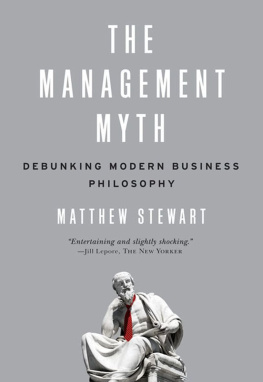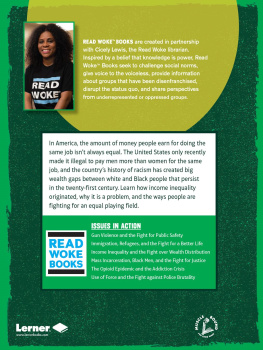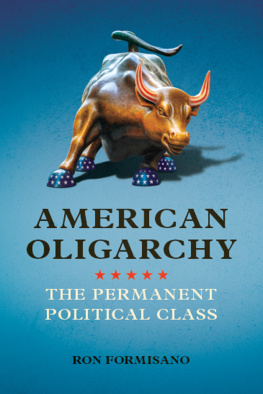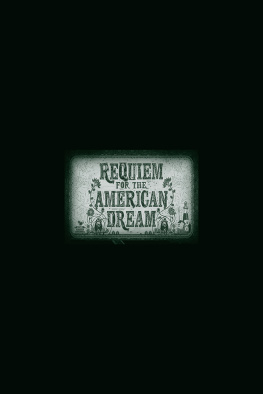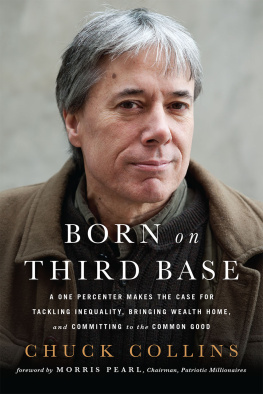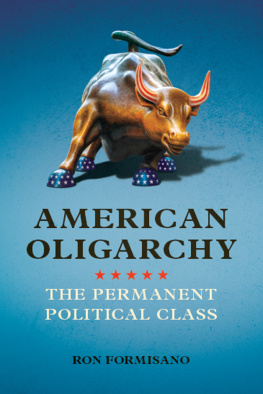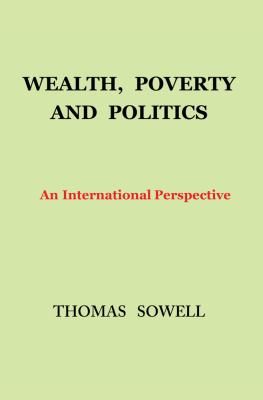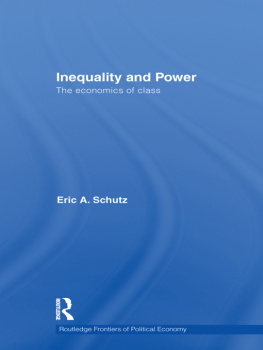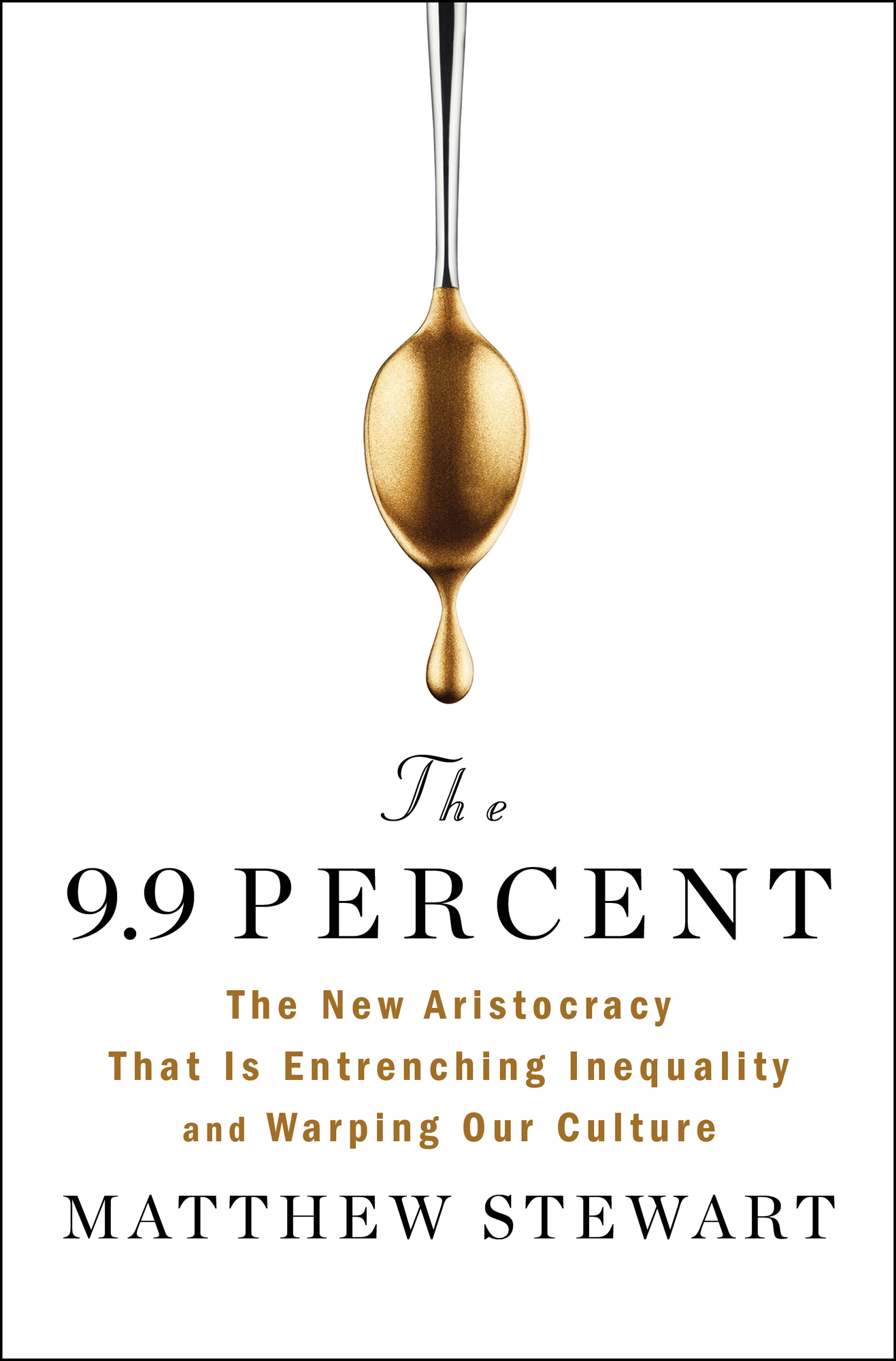Contents
Guide
The 9.9 Percent
The New Aristocracy That Is Entrenching Inequality and Warping Our Culture
Matthew Stewart
For K, S, and A
1 Who We Are
W hen you are young, the past seems very far away, and maybe a little comical. Thats the way my grandparents looked to me when I was a child. With his slicked-back hair, tortoiseshell glasses, and bright red trousers pulled way up high, Grandfather would greet us like he had stepped out of the first color movie ever made. Grandmother usually showed up in oversized jewelry that she invested with many superstitious meanings, drawling like a slightly campy southern belle. They lived in country clubs, as far as I could tell, mostly on the island of Palm Beach, and those clubs seemed like antique amusement parks to me. There was endless French toast, card games that lasted all day, and lots of funny rules, most of them involving what to wear and when not to speak.
Once or twice a year, usually around Christmas or the Fourth of July, the family would gather around tables piled high with chilled shrimp and cheesecake, and, in between puffs on his cigar, Grandfather would unwind long stories with enough loose ends to fill a bowl of spaghetti. At around the age of eleven or twelve, I learned that we owed our holiday bounty to Great-Grandfather, Colonel Robert W. Stewart, a onetime Rough Rider with Teddy Roosevelt who made a great big pile of money in the oil business. I gathered that we were very lucky to come from such a distinguished family. Our rootsand my own middle name!went all the way back to William Stewart, a lieutenant in the Continental Army who was seated at the right hand of George Washington.
As I entered my teenage years, the comedy of our holidays in grandparent-land slowly ripened into farce. The pomp of our clubroom luncheons began to feel tedious and even ridiculous, like an interminable birthday party for people whose main accomplishment was just showing up in life. One day, at the age of thirteen, I was rushed to an unctuous tailor to be fitted in time for the dedication of a gold-plated bicentennial eagle on which Grandfather had lavished some of his evaporating inheritance. I remember getting the distinct impression that I had become a prop in a ludicrous costume drama. I inspected that cartoonish bird of prey closely and imagined that it must have been stuffed with papier-mch on the inside. It struck me that my grandparents wouldnt know papier-mch if it showed up across from them at the dinner table. They had no clue what life was like off the island.
My actual home was the militantly middle-class world of United States Marine Corps bases and suburban public high schools. I saw myself as a proud member of the Space Age. The present was a rocket ship to the future, and we werent going to get there by inhaling the last fumes of some bygone way of life. I didnt believe in inheriting your money (a good thing, given the grandparents spending habits), or in dedicating your life to joining clubs that excluded the greatest number of people, or in hiding from the world on some fantasy island. I believed in grades, test scores, new gadgets, working for what you have, and playing to win in pickup basketball. I was an eager representative of a generation that put its faith in all those things that we now call merit. I was more or less committed to a form of life that I will call, for reasons I explain in this chapter, the 9.9 percent.
S OME YEARS AGO , however, I began to feel that the past was catching up with the present, like a familiar face approaching unexpectedly over the shoulder. Maybe it started when I found myself in the fray of parents scrambling for spots at city preschools that, on second thought, seemed more exclusive than any of the old country clubs and no less self-satisfied. Maybe it was the way that buying a bag of mixed greens at the grocery store had come to seem like an act of class warfare, or the vague awareness that there was a category of vacation resort so special that I didnt even know about its existence. Or maybe it was just the odd sense that snuck up on me during pleasant conversations in my favorite coastal enclaves, chatting about fitness options and real estate opportunities as if the rest of the world simply did not exist, that an old and insular form of life had come back, except that now it was sipping vegetable smoothies and wearing brightly colored, sweat-wicking spandex. It felt as if I had stepped out of that rocket ship to the future and found myself a few blocks down the road, stumbling around some alternate version of the past. Weve been here before, I thoughtonly this time, I am part of the problem.
This uncanny feeling of dj vu, I think, will be familiar to many people who have very different family stories, not at all like my own. Really, it can happen to anyone who has tried to relax in recent years with a good history book. Time was when the chronicles of ancient Rome, China, or Mesopotamia would offer escape from the present. No more. The holiday from history is over. These days, youll get to the end of a learned tome on the rise of fascism and realize that several chapters remain to be written. Youll read about the lost cause of the Confederacy and wonder when they will finally give up. Youll consult George Orwells 1984, not to speculate about the future, but to analyze the latest pronouncements from on high. Or youll thumb through an old novel about the fading American dream, like The Great Gatsby, and wonder which one of the characters is you. The so-called arc of the moral universe seems to have acquired a dark sense of humor.
Its usually best to imagine that we create our own circumstances in life. But it is often more accurate to say that our circumstances create us. In retrospect, the small dramas of my family story look like a spotty commentary on forces that remain mostly out of view. The same is true for the form of life that I aspired to join, or so I tend to think. The closest thing to a defining attribute of the way of thinking that now dominates American life is our lack of awareness of the causes that brought us to the present state and of the ancient patterns we thoughtlessly retrace in our lives. To an unexpected degree, we are living in the past. We just dont know it.
In this book, I argue that those forces which have set us rowing backward into the past can be explained mostly in terms of a single fact: the rapid rise in economic inequality over the past half century. At the same time, I contend that language in which we talk about this fact has come to obscure the reality. In particular, we systematically overlook the way in which inequality reaches into our own thoughts and desires and so involves us all. In this chapterspoiler alertI lay out all of the main lines of the argument in the book. The evidence in support of that argument will have to wait for subsequent chapters. My aim here is to supply some of the intuitions out of which the argument evolved. The family memories are idiosyncratic, I grant, but the experiences they represent are now close to universal, or so I believe.
W HEN YOU ARE NOT RICH , you are quite sure you know what it would feel like to be rich. Once you become rich, you are not so sure. You come to see that there are many people much richer than you, and you cant help but wonder what it would be like to be them. This was one of the thoughts I picked up from Grandfather, rather indirectly, when he complained, as he often did, of the monstrous injustice of the estate tax.



